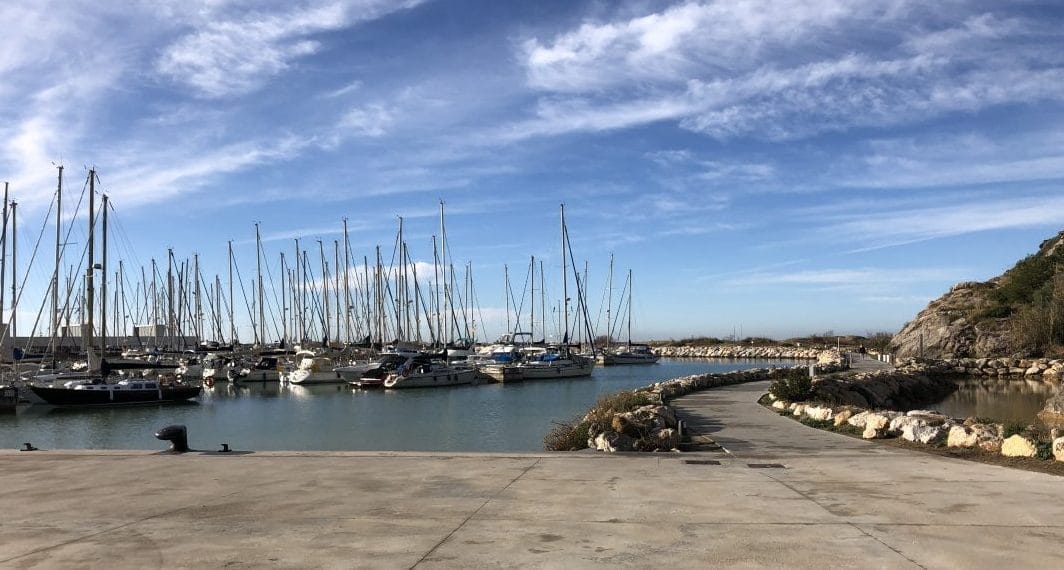The History of Barcelona
Barcelona’s history started during the 2nd century BC. It was named
Barcino, known to be the most significant Roman village outside Rome. However, some Gothic and Modernism traces that date back further than the Roman occupation is still visible. The legacy left by the
Franco dictatorship has long gone. Still, Barcelona can only be characterized partly by the quest of its people for independence and the ongoing struggle to maintain a Catalonian cultural identity.
Carthaginian Settlement 3rd Century BC
Historical remains show evidence of early settlements in the area of Barcelona. The archaeological recording of the Iberia and Laeitani people in Catalonia during the third and second centuries BC are recorded in the city archive. Phoenicians and Greeks had already established trading posts along the water’s edge of Catalonia in Barcelona’s history.Barcelona first emerged by creating the
Barcino settlement of the Carthaginian people in the 3rd century BC. According to one of many legends, Hannibal’s father,
Hamil Barca, said Romans dominated the Carthaginians. In 206 BC, he ruled Spain for a further 600 years. Roman Barcelona remains can still be found at the city gate next to the cathedral.In the basement of the Museu d’Història de la Ciutat, extensive archaeological excavations can be visited and represent a glimpse into the past of this spectacular city. When the Roman Empire collapsed, the region fell into the hands of the Germanic Visigoths, who quickly made
Barcino the capital of their kingdom.
Barcino was renamed Barcelona History until 554 when the Visigoth capital moved to Toledo.
Moorish Invasion 711
The Moorish invasion finished the Visigoth rule in 711. However, unlike in other parts of Spain, Moorish domination in Catalonia lasted less than a century. The Franks captured Barcelona in 801. Barcelona was then born. In 878, the feudal lord,
Guifré el Pilós (Wilfred the Hairy), became Count of Barcelona 878. This was the founding point of a dynasty that was to endure for almost 500 years. Catalonia was created in 988, while Spain remained Moorish, Barcelona and Catalonia kept links to Europe throughout this period. In 988, Louis V refused to help repulse Moorish raiders from attacking Catalonia, so the counts of Barcelona declared independence from the Franks. This single event marked the beginning of Catalonia as a nation-state. By the end of the 11th century, Catalonia had established the first constitutional government in Europe.
Petronila of Aragon 1137
Catalonian soon expanded due to well-placed marriages and armed victories in Mallorca, Ibiza, and then Tarragona.
Ramon Berenguer IV united Catalonia with Aragon because of his marriage to Petronila of Aragon in 1137. His son,
Alfonso II, later became the first Aragon-Catalan king. He ruled the Mediterranean coast beyond the boundary of Catalonia to Nice.
Jaume I 1213-76
During this period, Catalonia was becoming more sophisticated as a society.
Jaume I introduced the Consell de Cent, a municipal council attended and managed by prominent citizens of the day. In 1283, the Generalitat foundation was laid. The Llibre del Consolat de Mar, an underlying code of trading practice, was introduced, and this would prove to be the foundation of European maritime law.
Barcelona was the capital, and Catalonia ruled the seas. It was a time of high prosperity and expansion in the city. With the conquest of the Balearic Islands and Sicily under
Jaume I, Barcelona’s city walls were rebuilt to provide a safe refuge for its citizens in an area ten times larger than the city contained within the old Roman walls. It was at this point that Barcelona reached the peak of its glory.
14th Century
In the 14th century, Barcelona became a major trade and scientific knowledge centre, and the arts flourished. Significant Gothic buildings were erected, and Catalonia expanded further. It flexed its powers by taking over Sardinia, Corsica, Naples, and the Roussillon region.
The Thirty Years War (1618-48), Barcelona History
The war began when the Holy Roman Emperor
Ferdinand II of Bohemia attempted to curtail the religious activities of his subjects. It sparked rebellions among Protestants. The battle involved all the major European powers, with Spain, Sweden, France, and Austria waging campaigns on German soil. Known for the atrocities committed by mercenary soldiers, the war thankfully ended with a series of treaties, making up the Peace of Westphalia. The fallout of the war reshaped central Europe’s religious and political map. It set the stage for old centralized Roman Catholic empire rule to give way to a community of sovereign states, and the Catalonian demise began.
Catalonian demise 1714
The Catholic Monarchs
Ferdinand II of Catalonia-Aragon and
Isabella of Castille made Barcelona one of the Catholic seats. Its political influence declined somewhat in the 16th century when the monopoly on the New World trade was awarded to Barcelona and Cadiz. Madrid became the kingdom’s capital, and Barcelona declined in fortune. During the Thirty Years’ War with its neighbour France, the Catalans revolted against the Spanish Monarchy.Before this, Barcelona was allying with France until a Spanish offensive brought the city back under Spanish control. Political relations with Madrid remained difficult, so Barcelona took the side of the French Habsburgs against Bourbon
Felipe V during the War of the Spanish Succession. The French Habsburgs are recorded as the largest and most potent royal house of the Holy Roman Empire. This power dates from the Early Modern Period until the First World War.Barcelona’s history is very complex. Barcelona was under siege during the war, but this ended after 13 months on 11th September 1714. It is celebrated today as Catalonia’s National Day. Felipe V immediately revoked all of Catalonia’s privileges upon his victory when he took power. The Generalitat was dissolved, and the Catalan language was banned, although, as we know, it still survives.
Economic recovery began slowly towards the end of the 18th Century, thanks to the city’s natural position as a premier Mediterranean port.Barcelona was the first city in Spain to become industrialized. This was mainly around cotton manufacturing during the 19th century. Barcelona’s re-emergence in Europe as an important political, economic and cultural centre inspired the Renaixenca. This was the renaissance of Catalan culture. Barcelona hosted a Universal Exhibition in 1888, an excellent chance for the city to show off its not-inconsiderable wealth.
Civil War in 1936 After World War I
Barcelona History: The city underwent substantial economic growth, which ended abruptly with the Civil War in 1936. The Republican Governor and autonomous institutions of Catalonia were abolished. The use of the Catalan language was once again suppressed. Democracy returned in 1975, Catalonia regained a considerable degree of autonomy, and the Catalan culture flourished today.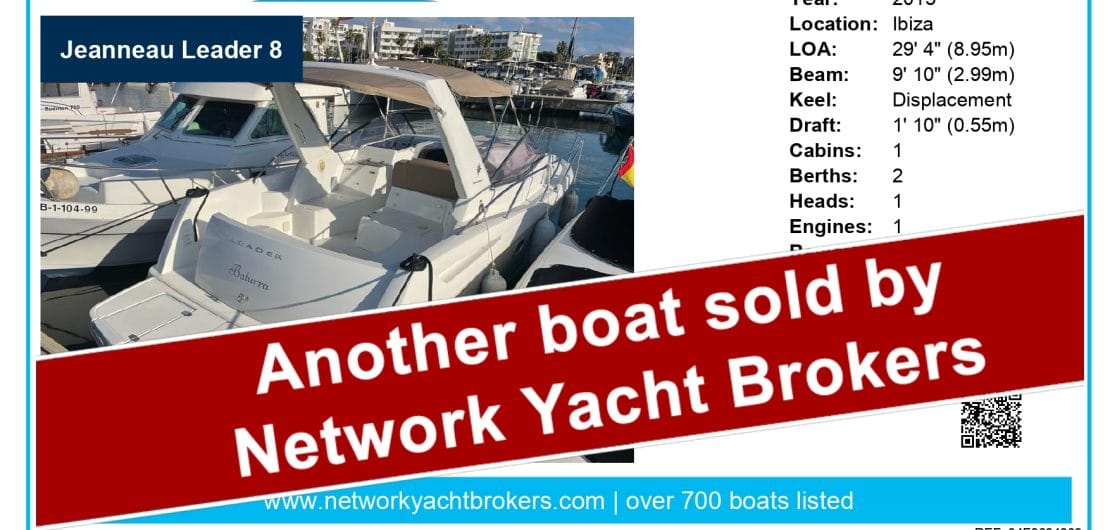 Yachts Sold
Yachts Sold
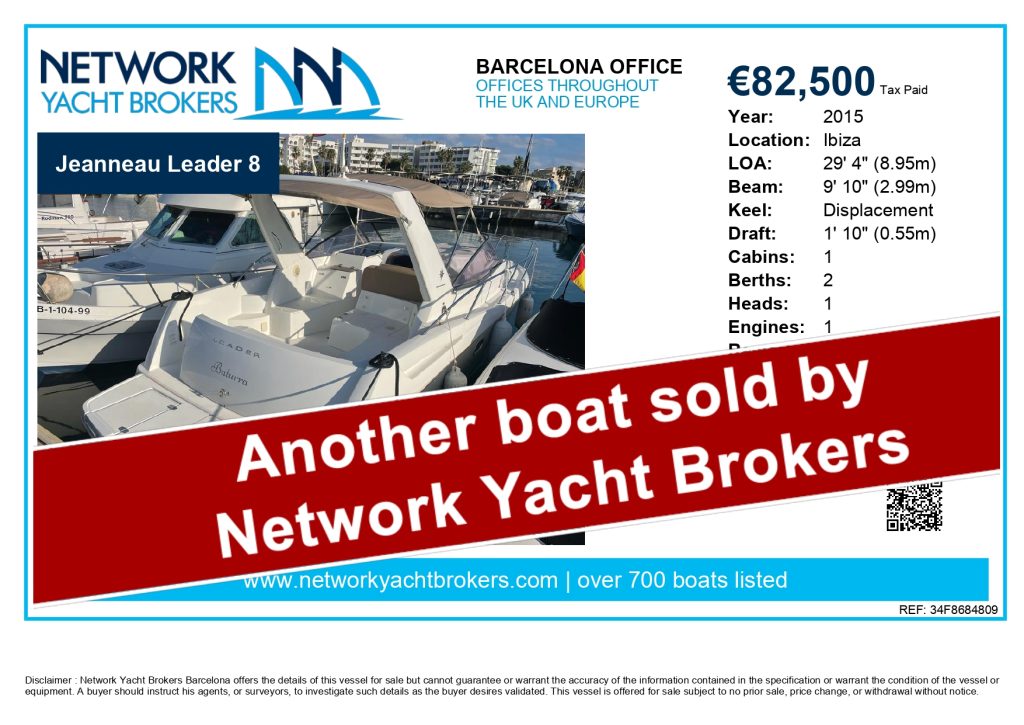

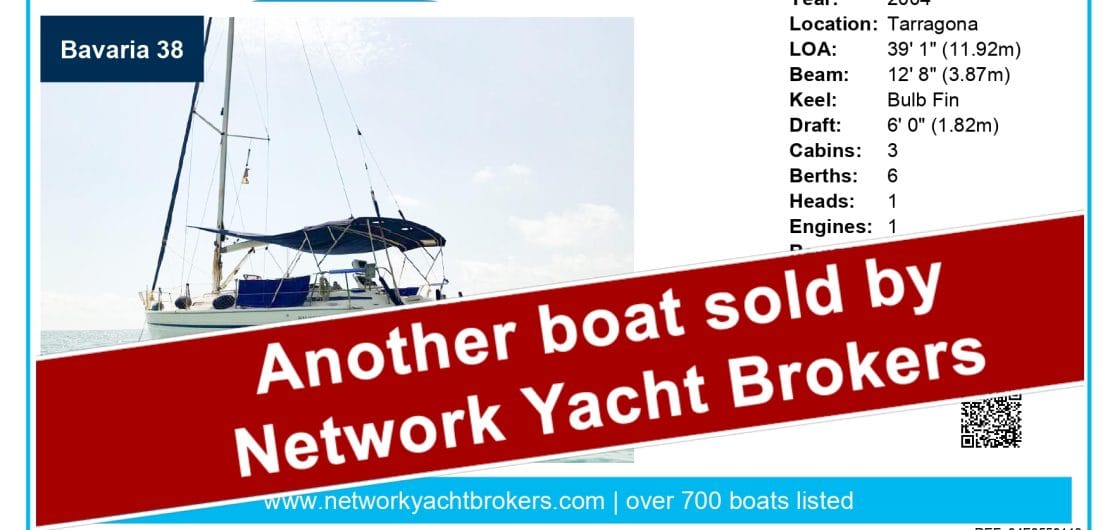
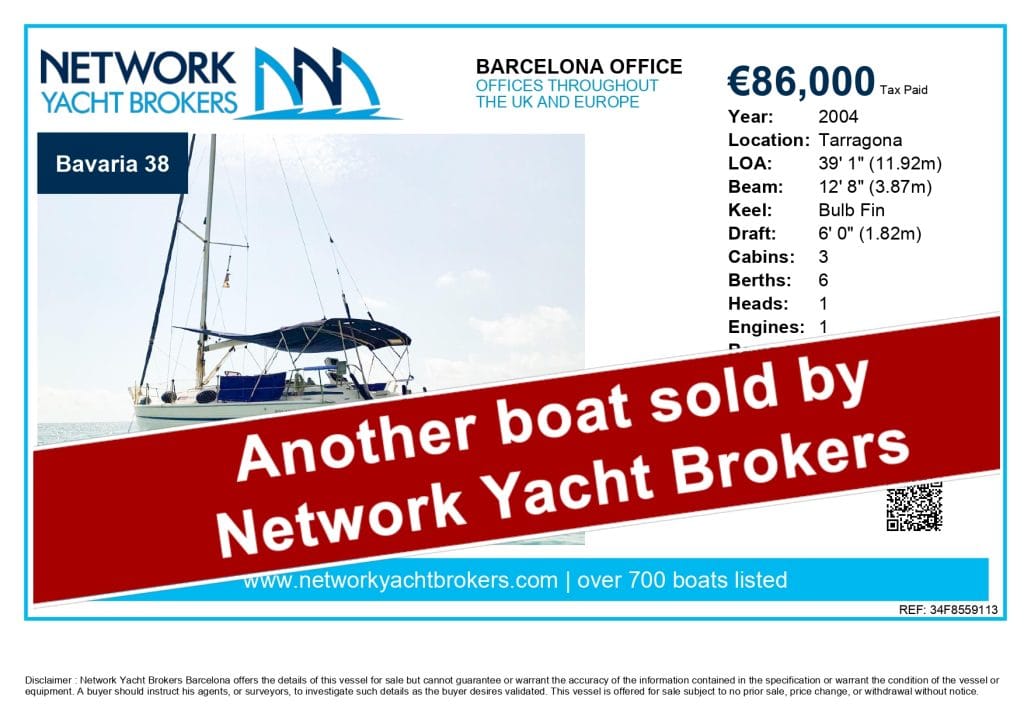
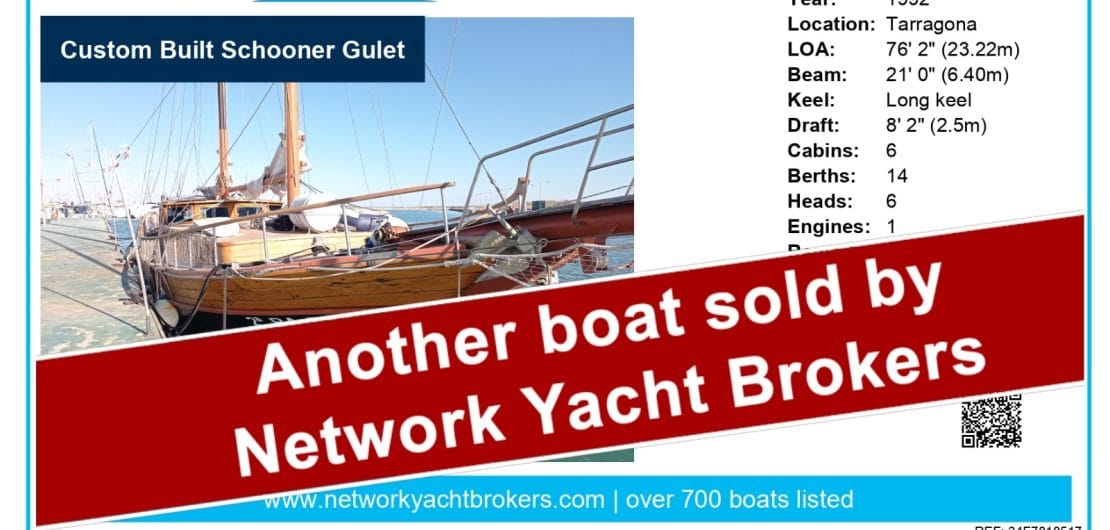
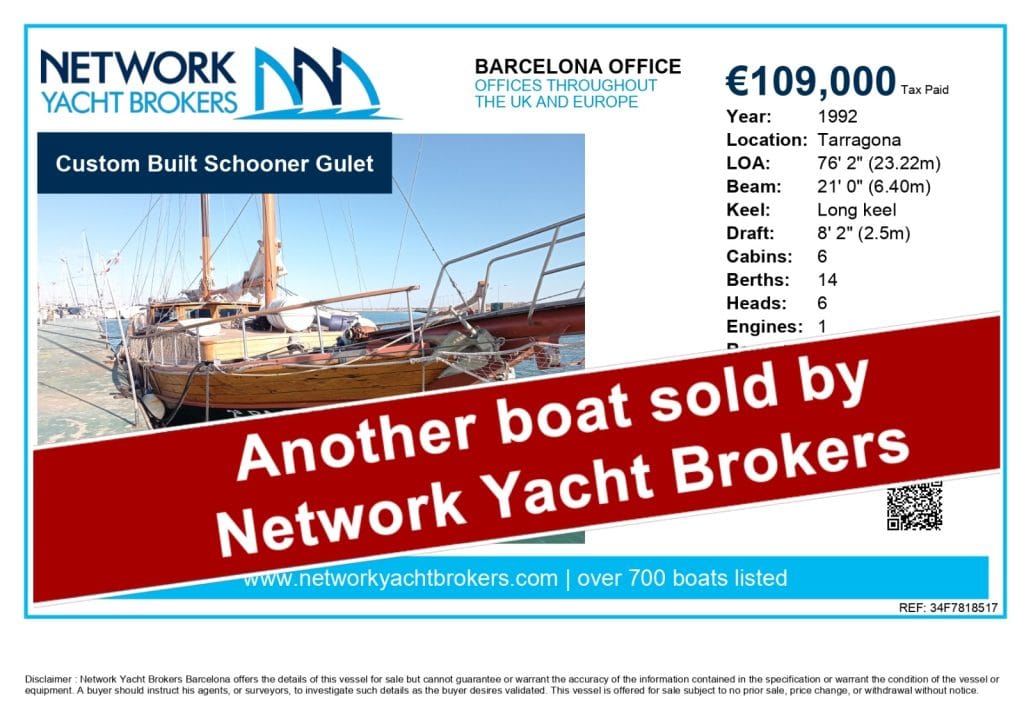
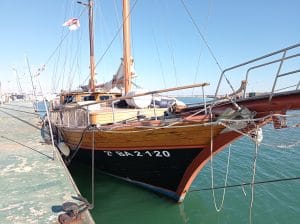
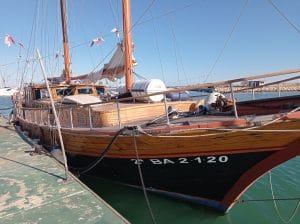
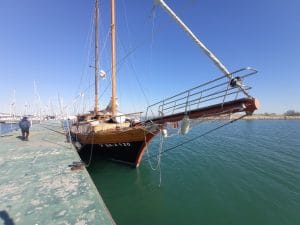
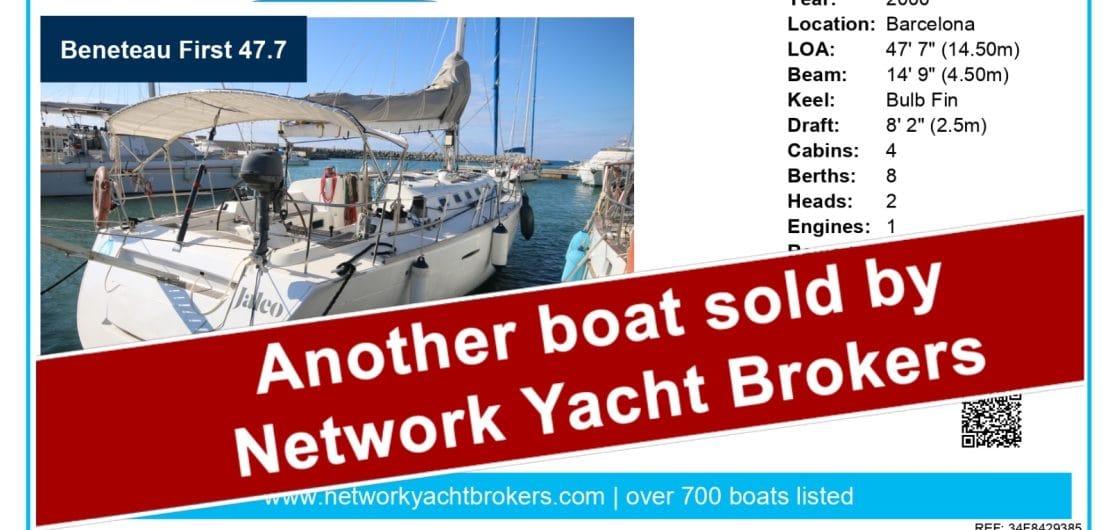
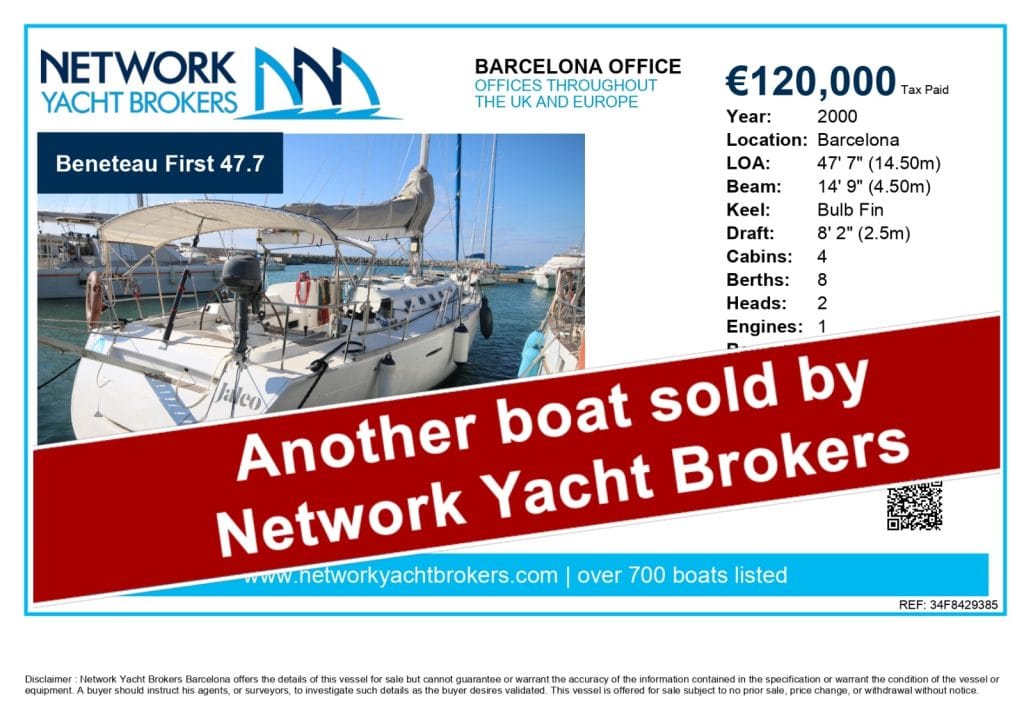
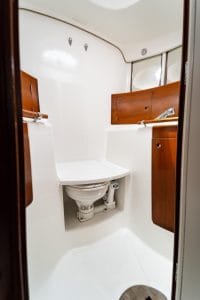
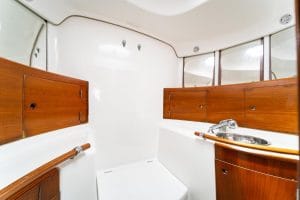
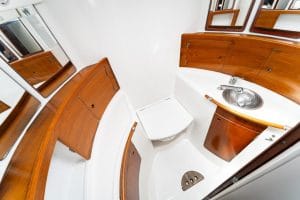
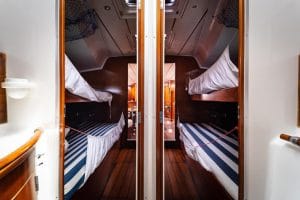
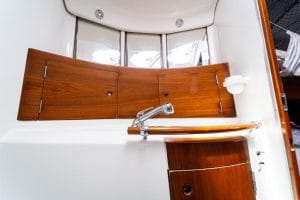
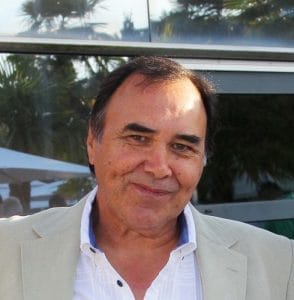
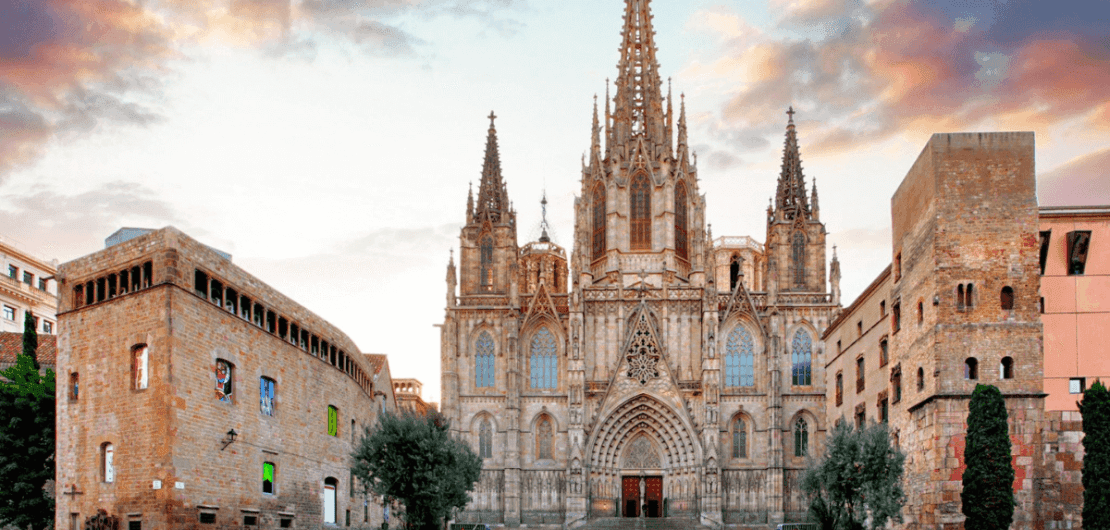
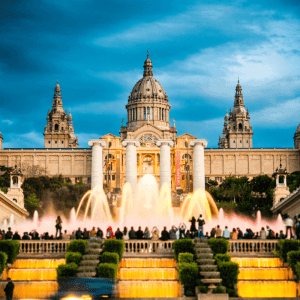
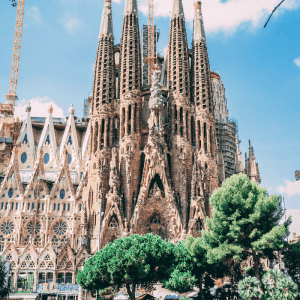
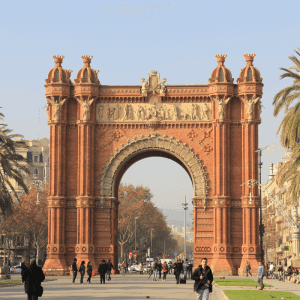
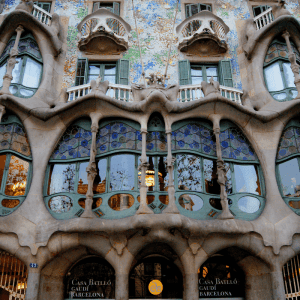
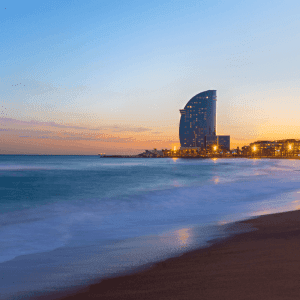
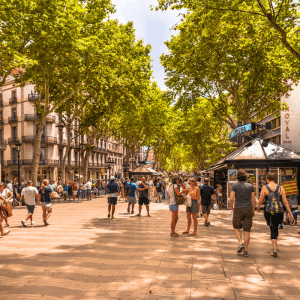
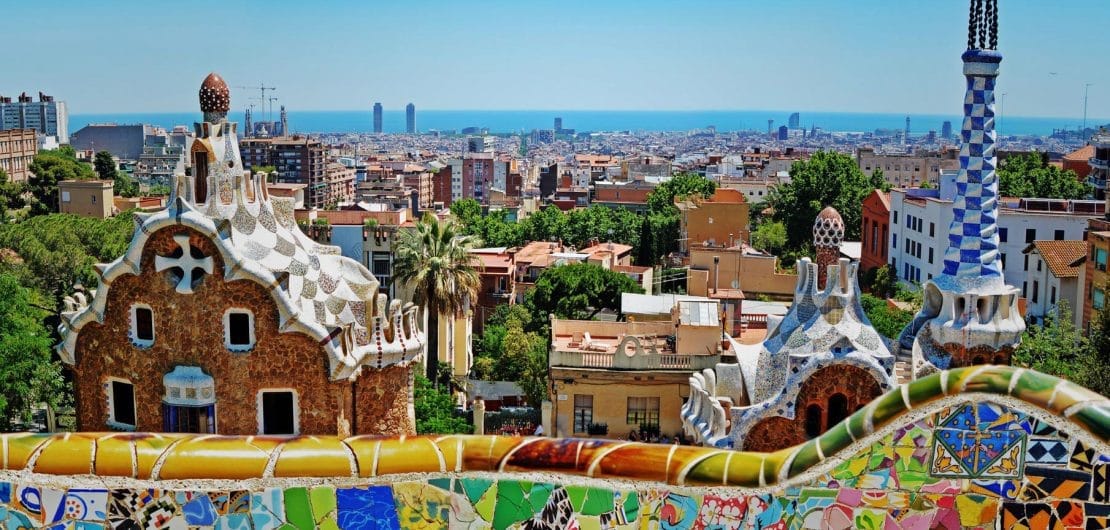
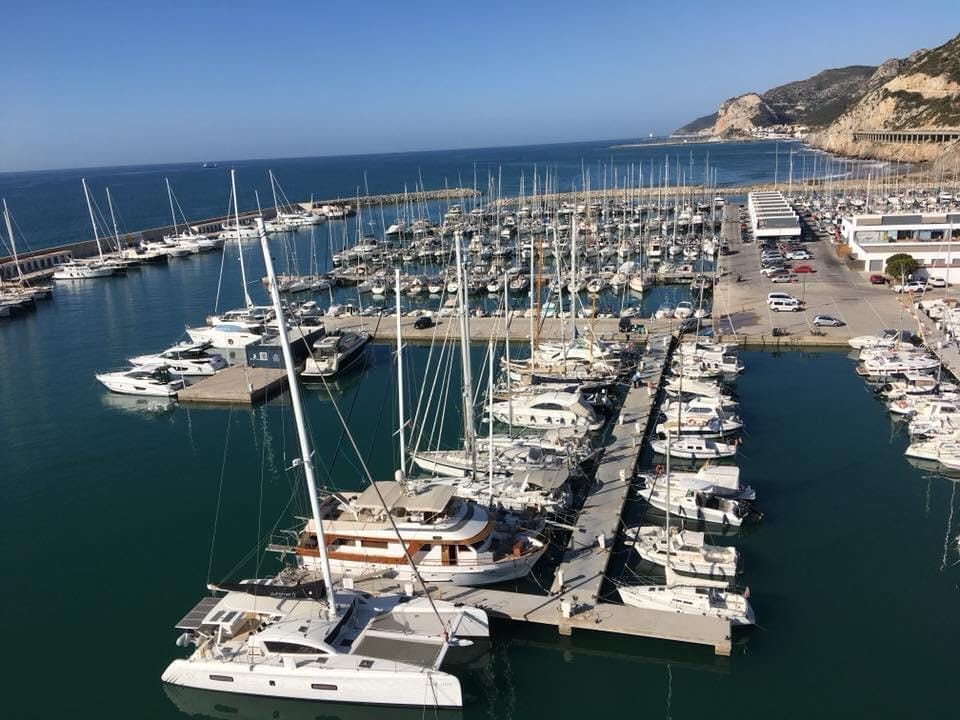
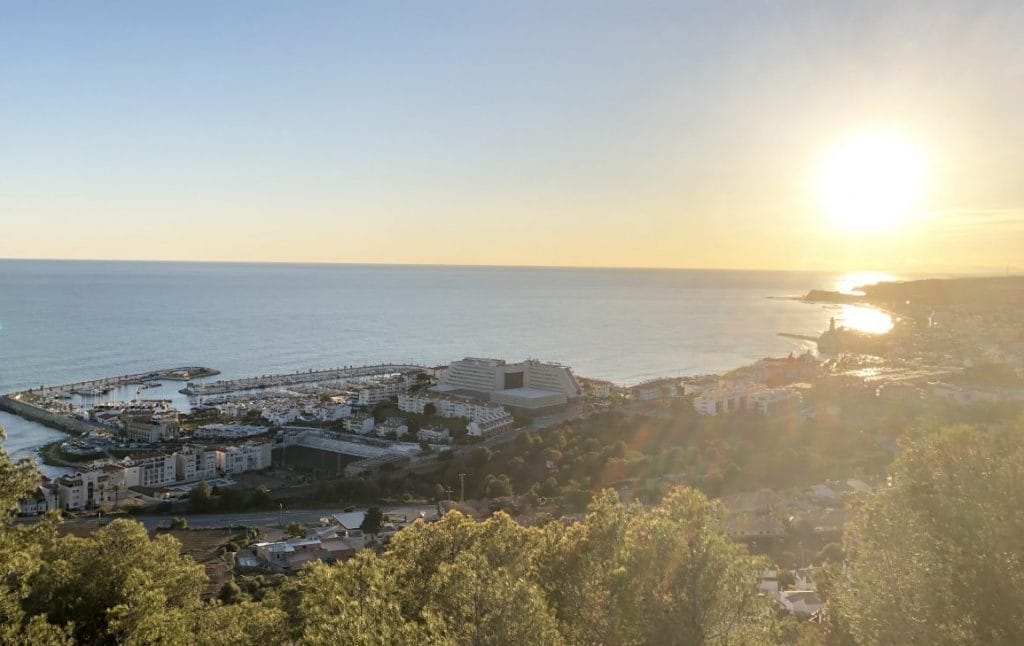
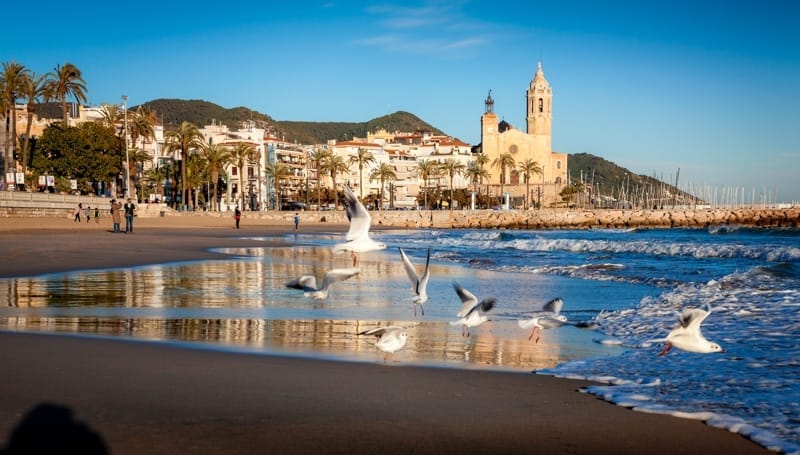
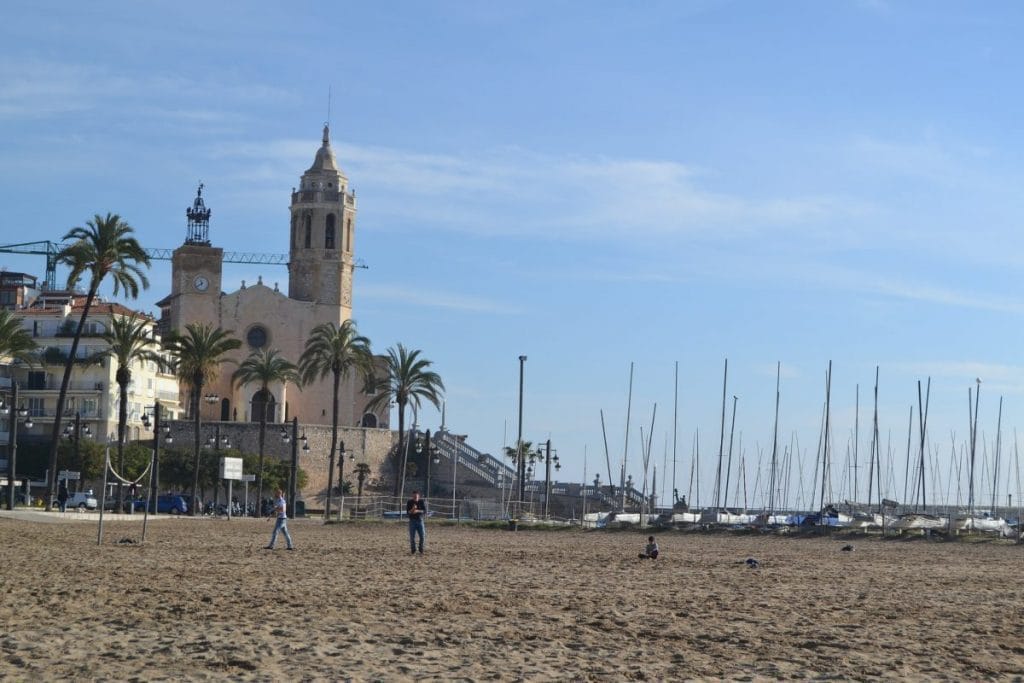
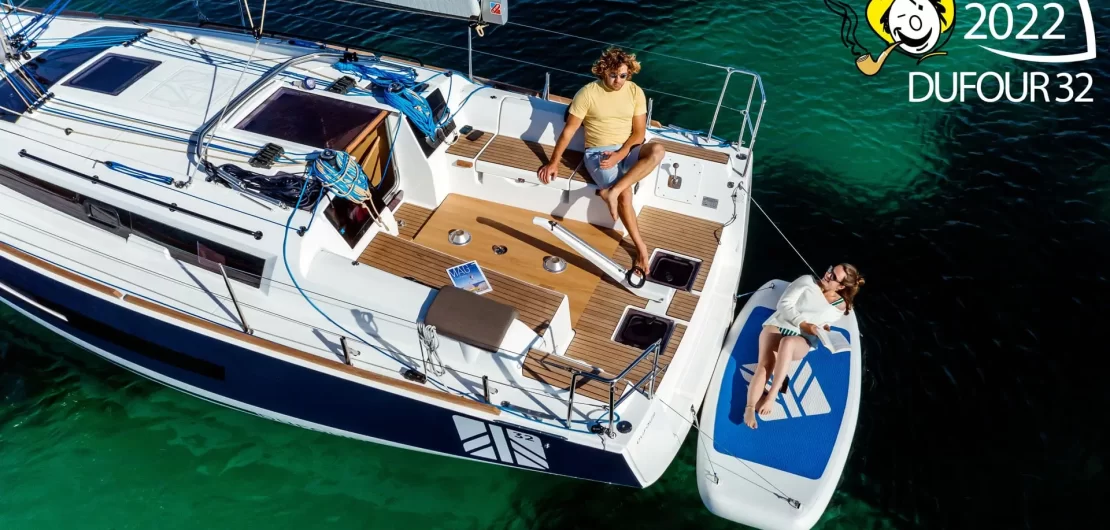
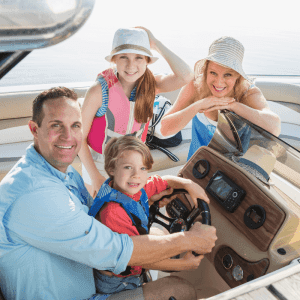

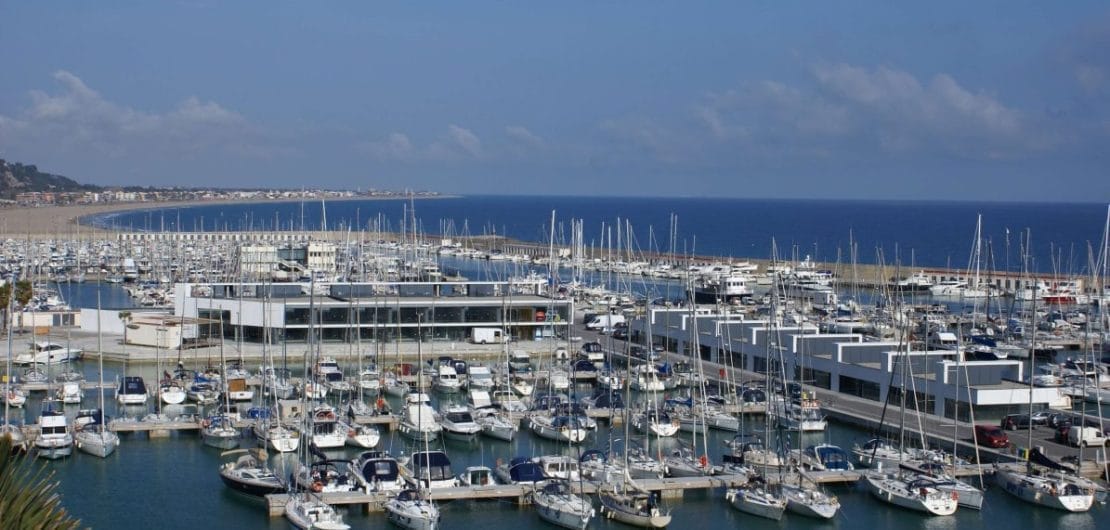
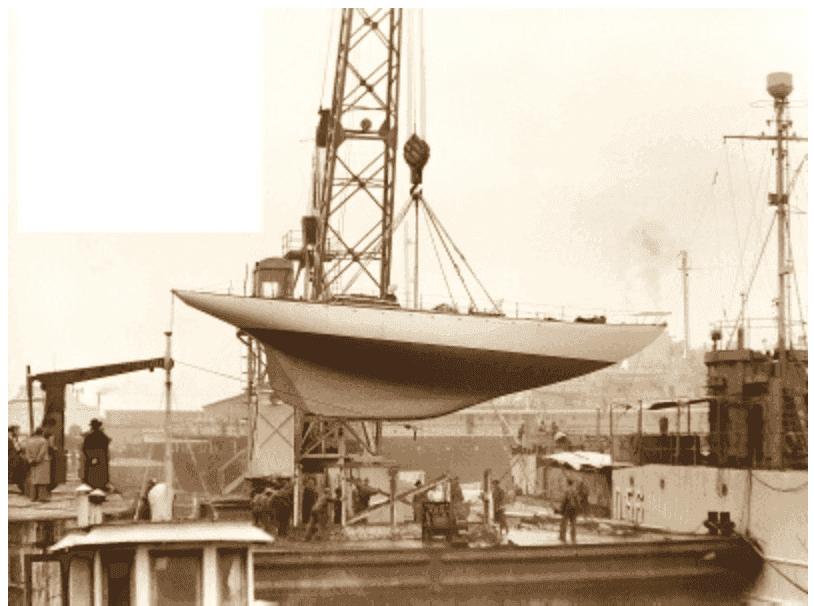 2018 painting booth improvements
2018 painting booth improvements